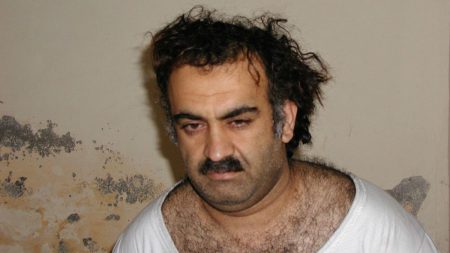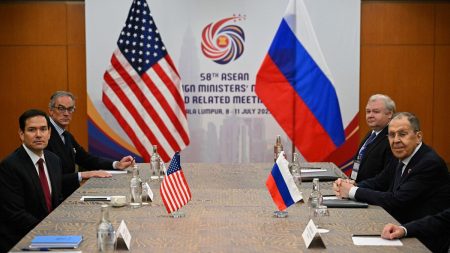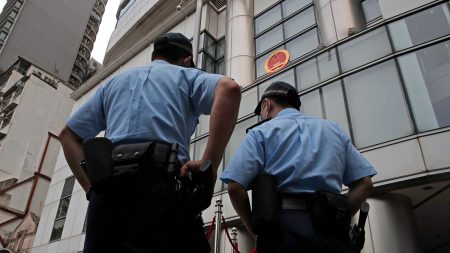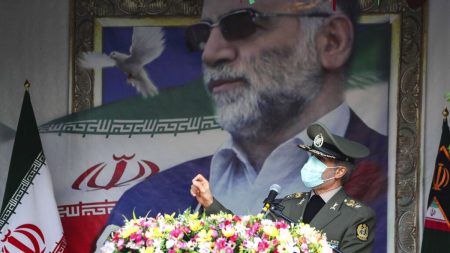In a significant espionage case, a London court has heard allegations against three Bulgarian nationals residing in the UK: Katrin Ivanova, 33, Vanya Gaberova, 30, and Tihomir Ivanov Ivanchev, 39. Prosecutors claim that these individuals orchestrated “honey pot” operations aimed at kidnapping and potentially killing dissidents and journalists, while also transferring sensitive information to Russian authorities. The trial, which has captured considerable media attention, examines the alleged activities of the defendants over a nearly three-year period, from 2020 to 2023. Alongside the main suspects, two additional defendants, Orlin Roussev and Biser Dzhambazov, have already entered guilty pleas related to espionage, further complicating the dynamics of this espionage ring.
The prosecution elaborated on the nature of the defendants’ purported actions, which are said to have spanned various locations across Europe. High-profile targets allegedly included Christo Grozev, a Bulgarian journalist linked to Bellingcat, known for exposing the Kremlin’s role in the 2018 poisoning incident involving former Russian spy Sergei Skripal and his daughter in the UK. Prosecutors contend that Ivanova, Gaberova, and Ivanchev did not merely act independently but were part of a broader network with a clear objective: to gather intelligence beneficial to Russian interests, thereby jeopardizing the safety and security of the UK.
Alison Morgan, the prosecution lawyer, asserted that the surveillance efforts employed by the defendants were notably advanced and sophisticated, suggesting a level of professionalism and funding that supported their activities. It is claimed that they were compensated with substantial amounts of money for their espionage activities, emphasizing the serious financial backing that might be indicative of organized efforts linked to foreign intelligence operations. The case is marked by the mention of numerous technological devices allegedly used in their operations, including hidden bugs and jamming equipment designed to evade detection.
Crucial to the prosecution’s case is the allegation of collaboration with Jan Marsalek, a Russian agent reportedly of Austrian nationality. Marsalek is suspected to have established ties with Russian intelligence dating back to 2014 and is believed to be currently residing in Russia. According to the prosecution, communications between the defendants and Marsalek, which spanned thousands of WhatsApp messages, reveal a coordinated effort to obtain valuable information for the Kremlin. This connection raises concerns about the network’s depth and the potential for high-level espionage spanning multiple countries.
The attempted espionage efforts reportedly involved various European cities, including Vienna and Valencia, as well as espionage activities in proximity to a US airbase in Germany, where Ukrainian troops were allegedly receiving training. The diverse geographic scope of these operations underscores the defendants’ ambition and the perceived importance of the information they sought to acquire for Russian interests. The allegations paint a picture of a complex web of espionage that operated not only in the UK but also across the continent, involving multiple players and foreign intelligence agencies.
As the trial progresses, it is expected to last until February, and the prosecution will continue to present evidence detailing the scope and sophistication of the alleged espionage activities. The defendants’ outright denial of the charges adds another layer of complexity to the case, setting the stage for a potentially significant legal battle over matters of national security, foreign espionage, and the intricate workings of intelligence activities conducted on European soil. The case reflects ongoing geopolitical tensions and the persistent threat posed by espionage activities in contemporary international relations.














